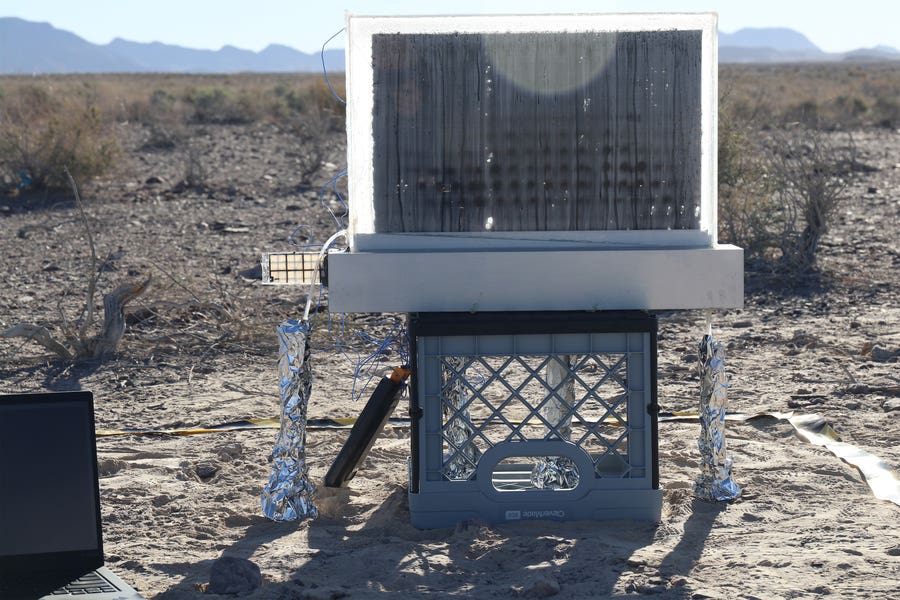Why coronavirus occurs less in children than adults, according to new study
The human cell receptor that the novel coronavirus latches onto in its victims is less prevalent in children than adults

[Aug. 7, 2020: Fox News]
The human cell receptor that the novel coronavirus latches onto in its victims is less prevalent in children than adults, which is likely why children may not be as susceptible to COVID-19, according to a new study.
In the recent report published in JAMA, the study authors stated that children account for less than two percent of reported COVID-19 cases. The researchers hypothesized that this may be due to the gene expression of a specific cell receptor called angiotensin-converting enzyme 2 (ACE2).
The virus enters the human body through the ACE2 receptor, which is located on the surface of certain human cells, according to the study.
"ACE2 is known to be present in our airway, kidneys, heart, and gut,” stated lead author Dr. Supinda Bunyavanich in a news release provided to Fox News.
ACE2 is typically known for its role in regulating blood pressure, according to health experts. The retrospective analysis involved examining the nasal passage tissues of 305 patients aged 4 through 60.
Like these kind of stories? Get The Brighter Side of News' newsletter.
"The nasal passages are usually the first point of contact for SARS-CoV-2 and the human body," the lead author explained in the study.
The researchers at Mount Sinai Hospital in New York City discovered children had lower levels of ACE2 gene expression than adults, according to the researchers.
“The coronavirus uses ACE2 to enter the human body, where it spreads," Bunyavanich said.
Bunyavanich, a professor of genetics, genomic sciences and pediatrics at Icahn School of Medicine at Mount Sinai, said that the ACE2 expression may be linked to a person’s susceptibility to getting the novel coronavirus. According to the physician, the researchers found that “there are low levels of ACE2 expression in the nasal passages of younger children, and this ACE2 level increases with age into adulthood. This might explain why children have been largely spared in the pandemic.”
Bunyavanich’s study is one of only a few examining the relationship between ACE2 in the airway and age, according to the release. These findings could lead to a potential indicator of susceptibility to the novel coronavirus, the researchers said..... Read More
Joseph Shavit
Head Science News Writer | Communicating Innovation & Discovery
Based in Los Angeles, Joseph Shavit is an accomplished science journalist, head science news writer and co-founder at The Brighter Side of News, where he translates cutting-edge discoveries into compelling stories for a broad audience. With a strong background spanning science, business, product management, media leadership, and entrepreneurship, Joseph brings a unique perspective to science communication. His expertise allows him to uncover the intersection of technological advancements and market potential, shedding light on how groundbreaking research evolves into transformative products and industries.



